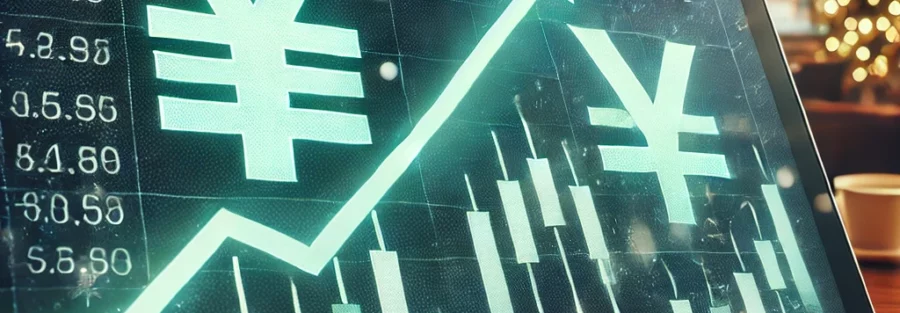The dollar rebounded slightly from a two-week low against major currencies during subdued holiday trading on Thursday, while the yen appeared set for its strongest weekly performance in nearly three months, fueled by growing expectations of a December rate hike in Japan.
The yen weakened by 0.5% to 151.93 per dollar but has gained 1.9% this week, recovering losses incurred since the U.S. election. Markets now estimate a 65% likelihood that the Bank of Japan will raise rates next month.
The dollar index ticked up to 106.30, following its steepest drop in four months, which had pushed it down to 105.85 in the previous session.
Trading activity was muted due to the U.S. Thanksgiving holiday.
“With the holiday slowdown, the next couple of days are likely to remain quiet, but I anticipate the dollar will recover as December begins,” said Michael Brown, senior research strategist at Pepperstone. He noted that Wednesday’s decline, which brought the dollar below 106, seemed somewhat “detached from fundamentals.”
“U.S. economic resilience remains in focus, alongside ongoing challenges in the eurozone, now compounded by concerns over French budget issues,” Brown added.
The euro held steady after a sharp rally on Wednesday, driven by hawkish comments from European Central Bank board member Isabel Schnabel. Speaking to Bloomberg, Schnabel advocated for a gradual approach to rate cuts, aiming for neutral rather than accommodative levels. Her remarks led investors to scale back expectations of aggressive rate cuts, boosting demand for the euro.”Downward momentum has not only dissipated, but upward momentum is also starting to emerge,” said Quek Ser Leang, a strategist at UOB in Singapore.
“We see the current price movement as part of a rebound that could potentially reach $1.0650.”
The euro faces its next test with Germany’s inflation data due later in the session, as the currency heads toward its worst monthly performance in two and a half years. Meanwhile, concerns linger over France’s fragile coalition government, which is grappling with budget approval challenges.
HOLIDAY LULL
The British pound slipped to $1.2649 against the dollar, while Sweden’s krona strengthened against both the dollar and the euro after data showed improved business and consumer sentiment in November.
The Australian dollar recovered from earlier losses to trade flat at $0.64946, following comments from Reserve Bank of Australia Governor Michele Bullock, who reiterated that core inflation remains too high to permit rate cuts in the near future.
While major currencies remained subdued, emerging markets saw more action.
The Mexican peso surged over 1.5% after former U.S. President Donald Trump claimed on Truth Social that Mexico’s President Claudia Sheinbaum had “agreed to stop migration through Mexico,” a topic tied to Trump’s earlier tariff threats. Sheinbaum clarified that Mexico’s strategy focuses on “building bridges, not closing borders.”
South Korea’s won softened slightly after authorities intervened to stabilize it, following an unexpected second consecutive rate cut by the central bank, a move predicted by only four out of 38 economists polled by Reuters.
Russia’s rouble hovered near 110 per dollar, having lost nearly a third of its value since August. The Russian central bank announced it would halt forex purchases for the rest of the year to support the currency.
Meanwhile, Brazil’s real plunged to its lowest-ever spot close amid concerns over the fiscal strain of recent tax cuts.
In Asia, investors bolstered short positions on several emerging currencies, including the Singapore dollar and Indonesian rupiah, amid fears stemming from Trump’s renewed tariff pledges.





